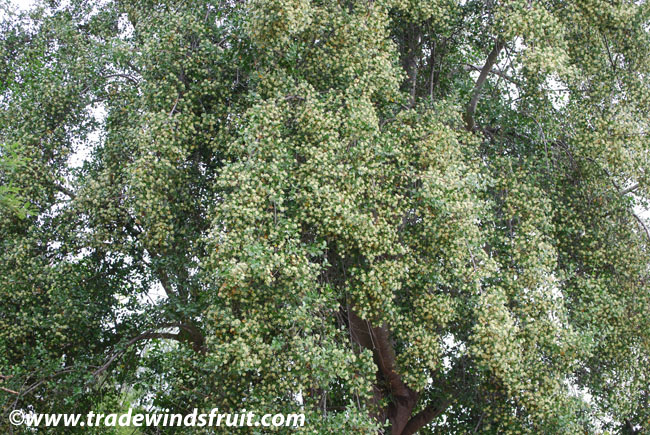- Home »
- Information »
- Soapbark Tree
Soapbark Tree
Quillaja saponaria
Medium sized ornamental tree grown for its flowers and ethnobotanical properties.
Seed Availability
Seeds are not available for the Soapbark Tree. Please visit our seed store to view current selections. Seeds were last available in March 2016.
Description
Medium sized tree to 25-50ft. White or yellow flowers form en masse during warm months, followed by multi-lobed, dry fruit.
Hardiness
It is cold tolerant, withstanding temperatures to around 15F.
Growing Environment
The tree is highly drought resistant, although it flowers better with regular water. The soapbark tree is also tolerant of poor soils.
Propagation
By seeds.
Uses
The soapbark tree has numerous uses. The tree attracts beneficial insects, including lady bugs, and its planting is often promoted for the home gardener because of this. The tree is also hugely important medicinally and industrially, as its bark contains saponin compounds, a type of soap, which has a number of medicinal properties, as well as uses in the biological research industry. The plant is not directly edible, but was used historically as an anti-inflammatory, and for anti-microbial properties.
Native Range
Native to Chile.
Additional Pictures
Related Species
| Rosaceae | |||
 |
Couepia polyandra Olosapo |
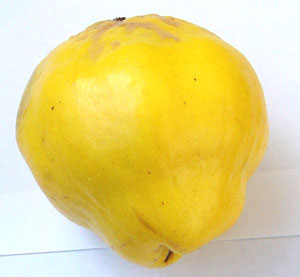 |
Cydonia oblonga Quince |
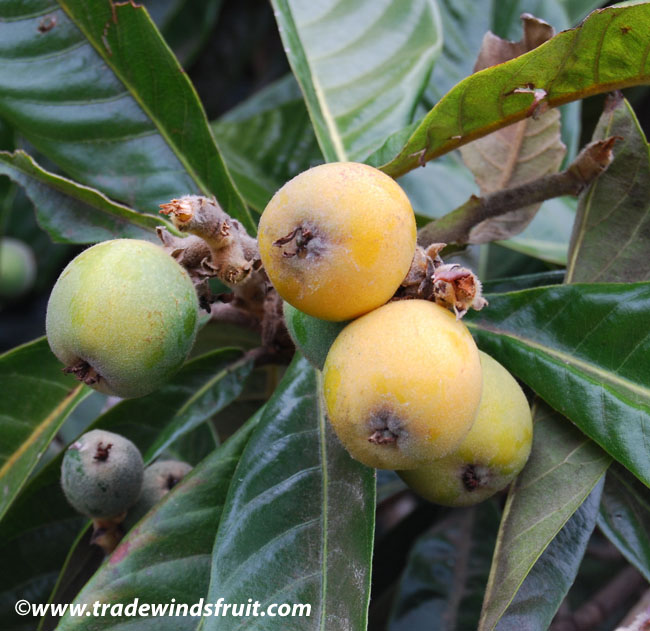 |
Eriobotrya japonica Loquat |
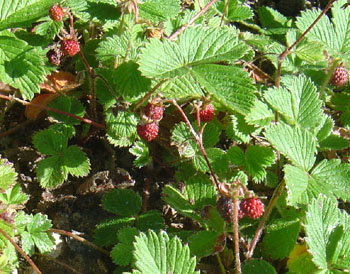 |
Fragaria californica Woodland Strawberry |
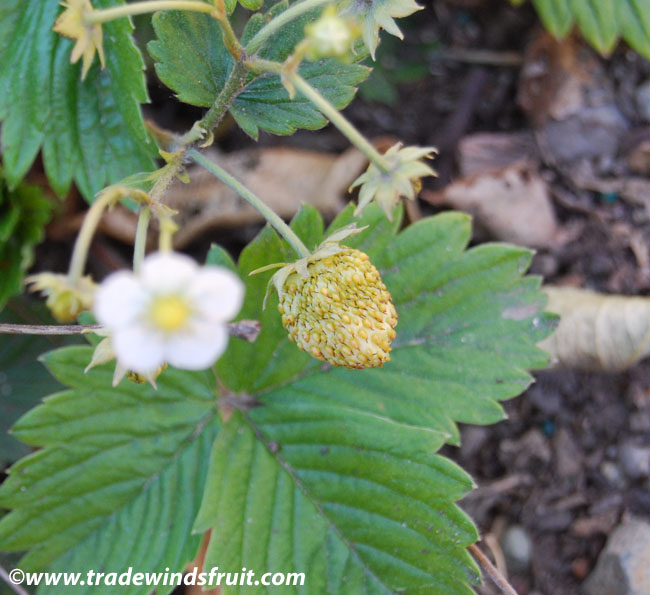 |
Fragaria vesca Alpine Strawberry |
 |
Malus pumila Apple |
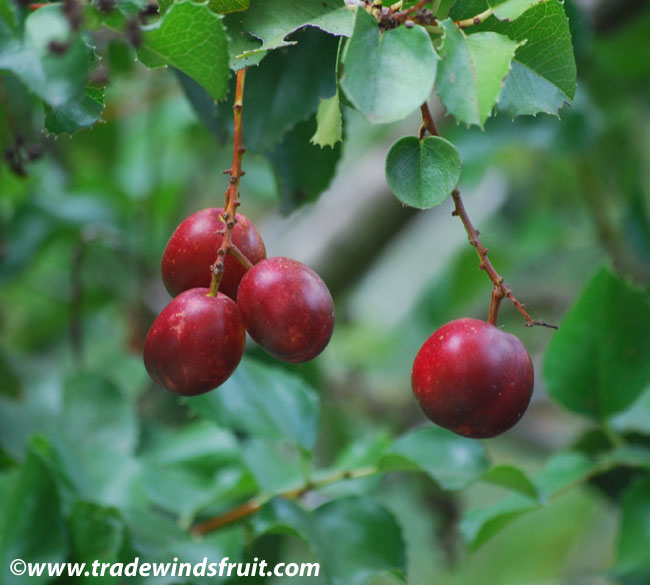 |
Prunus ilicifolia Holly Leaf Cherry |
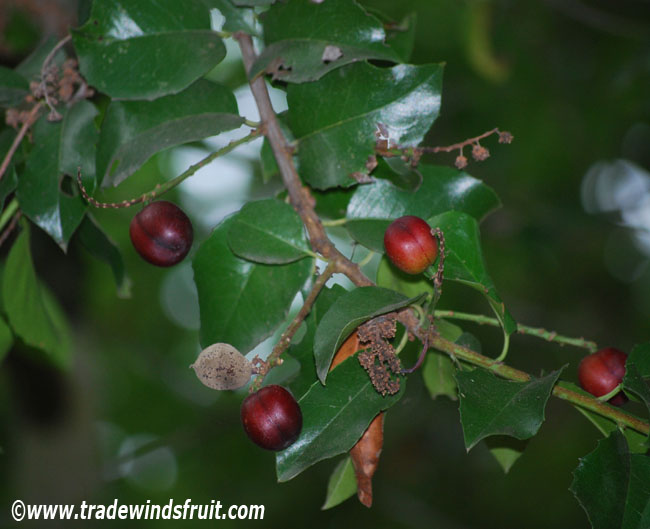 |
Prunus ilicifolia ssp. lyonii Catalina Island Cherry |
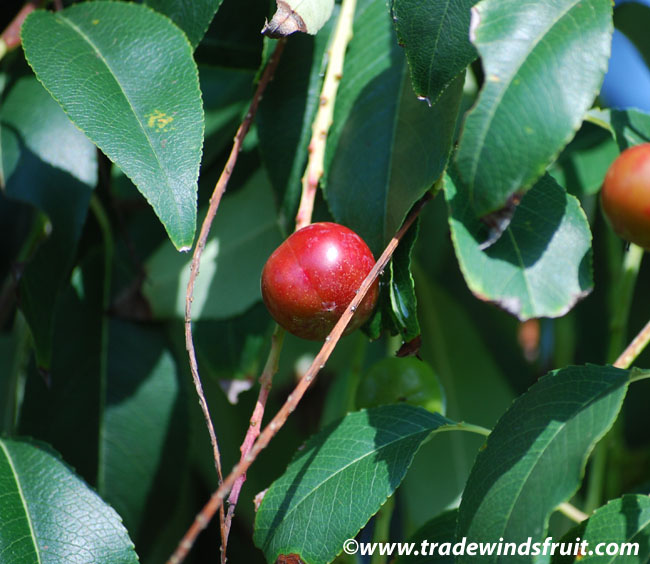 |
Prunus salicifolia Capulin Cherry |
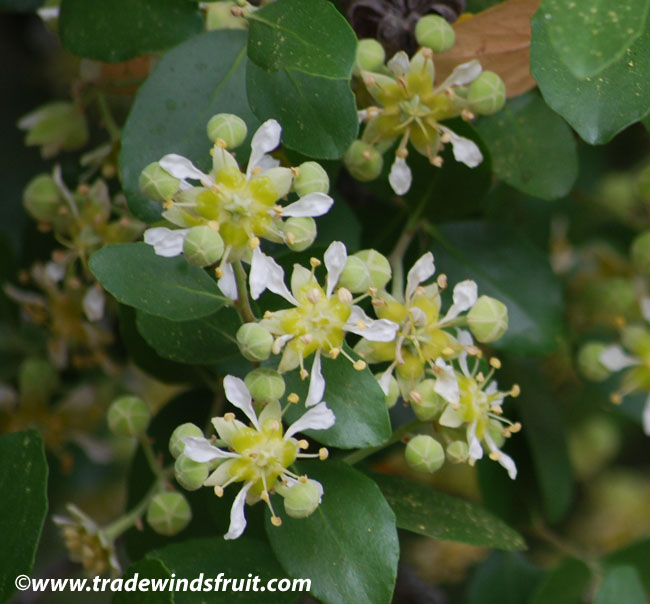 |
Quillaja saponaria Soapbark Tree |
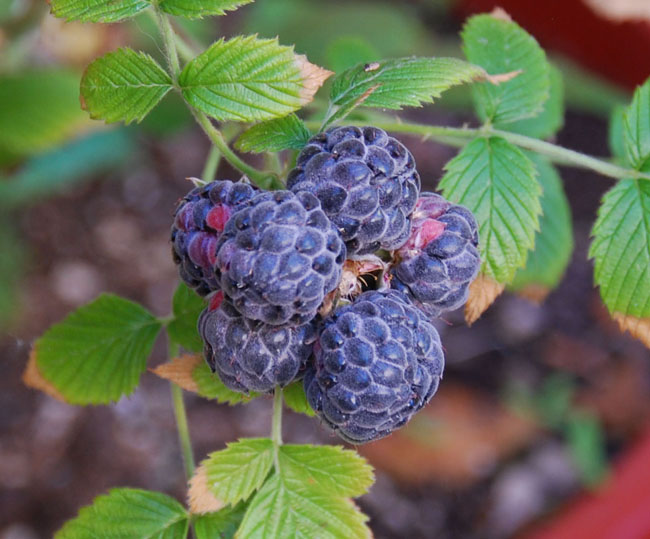 |
Rubus niveus Mysore Raspberry |
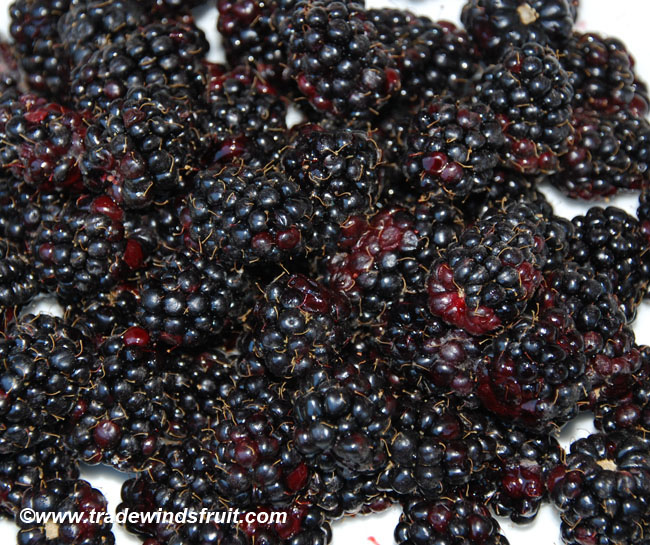 |
Rubus x Marionberry |

